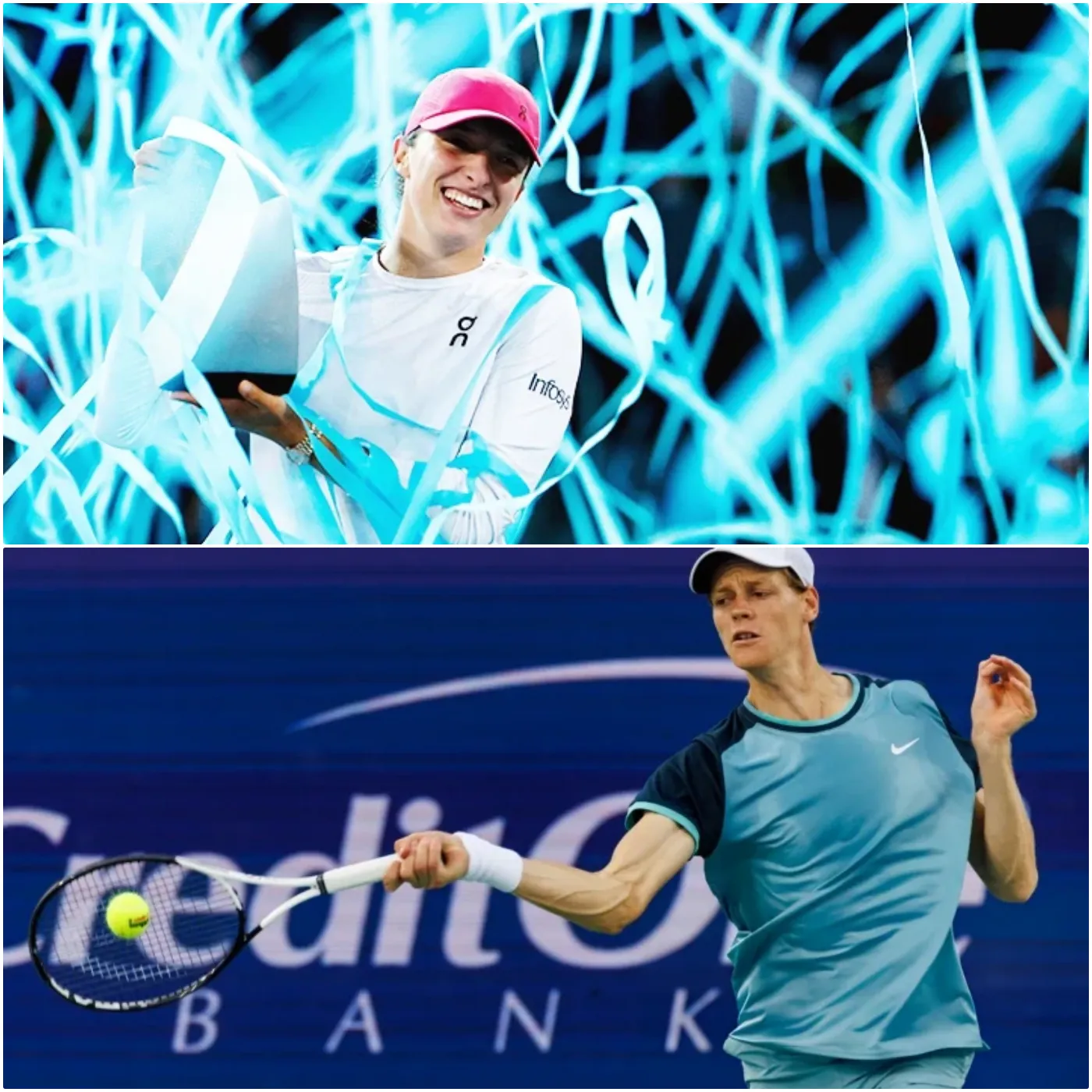What’s Being Hidden Behind the Scandals of Jannik Sinner and Iga Swiatek?

At a revealing discussion during the Eurosport media conference, the legendary German tennis player Boris Becker expressed deep concerns about the integrity of the sport after two famous players, Iga Swiatek and Jannik Sinner, became embroiled in controversial incidents. He confidently stated, “Is this harmful to tennis? Yes,” when speaking to the media just days before the Australian Open.

The Need for Stronger Solutions
Becker emphasized the need for a strong solution to prevent any recurrence of such incidents, especially when they involve top figures in the sport. “If two of our best athletes face these challenges, it will certainly tarnish our image,” he commented.

Controversies Surrounding Sinner and Swiatek
Australian Open champion Jannik Sinner and Iga Swiatek, the female championship contender, found themselves caught in controversy, causing alarm within the tennis community. While Becker did not discuss the specific details of each case—both were revealed by the International Tennis Integrity Agency (ITIA) months after the events—he stressed the widespread impact on the sport.

Sinner from Italy tested positive for clostebol at a low level, an anabolic steroid known for its muscle-building properties, on two separate occasions in March. Although he successfully contested the temporary suspension and was cleared by ITIA for lack of fault and negligence, he claimed that the substance inadvertently entered his body through an over-the-counter product used by his physiotherapist to treat a minor hand injury.
WADA’s Appeal and Potential Suspension
Furthermore, the World Anti-Doping Agency (WADA) appealed the ruling to the Court of Arbitration for Sport, seeking a suspension of one to two years.
Swiatek’s Own Struggles
Meanwhile, Swiatek of Poland faced her own challenges, being banned for one month in November after testing positive for trimetazidine, a drug used to treat angina. She maintained that the positive test result stemmed from contamination in a medication she was using at the time.
Delayed Revelations and Public Reaction
Moreover, Sinner’s case remained concealed from the public for five months until its revelation in August, while Swiatek’s situation was only disclosed about three months after the positive test result.
Prominent figures in the tennis world, including Nick Kyrgios of Australia, former world number one and Grand Slam champion Simona Halep—who herself was banned for doping—expressed their dissatisfaction with how these cases were handled.
ITIA Defends Its Actions
In response to the backlash, ITIA defended its actions against accusations of unequal treatment, asserting that they strictly adhere to anti-doping regulations concerning the confidentiality of suspension orders.





